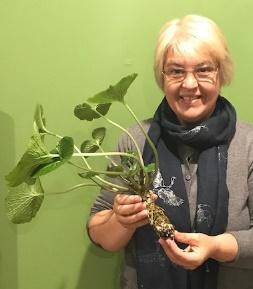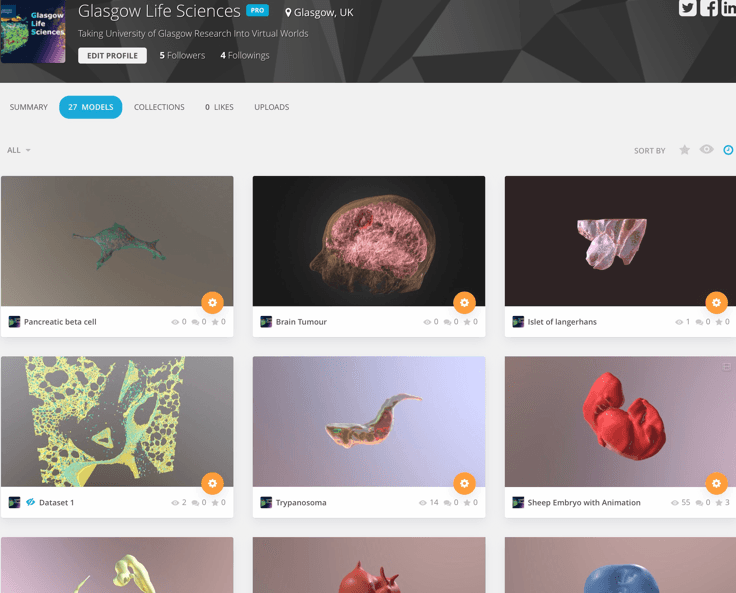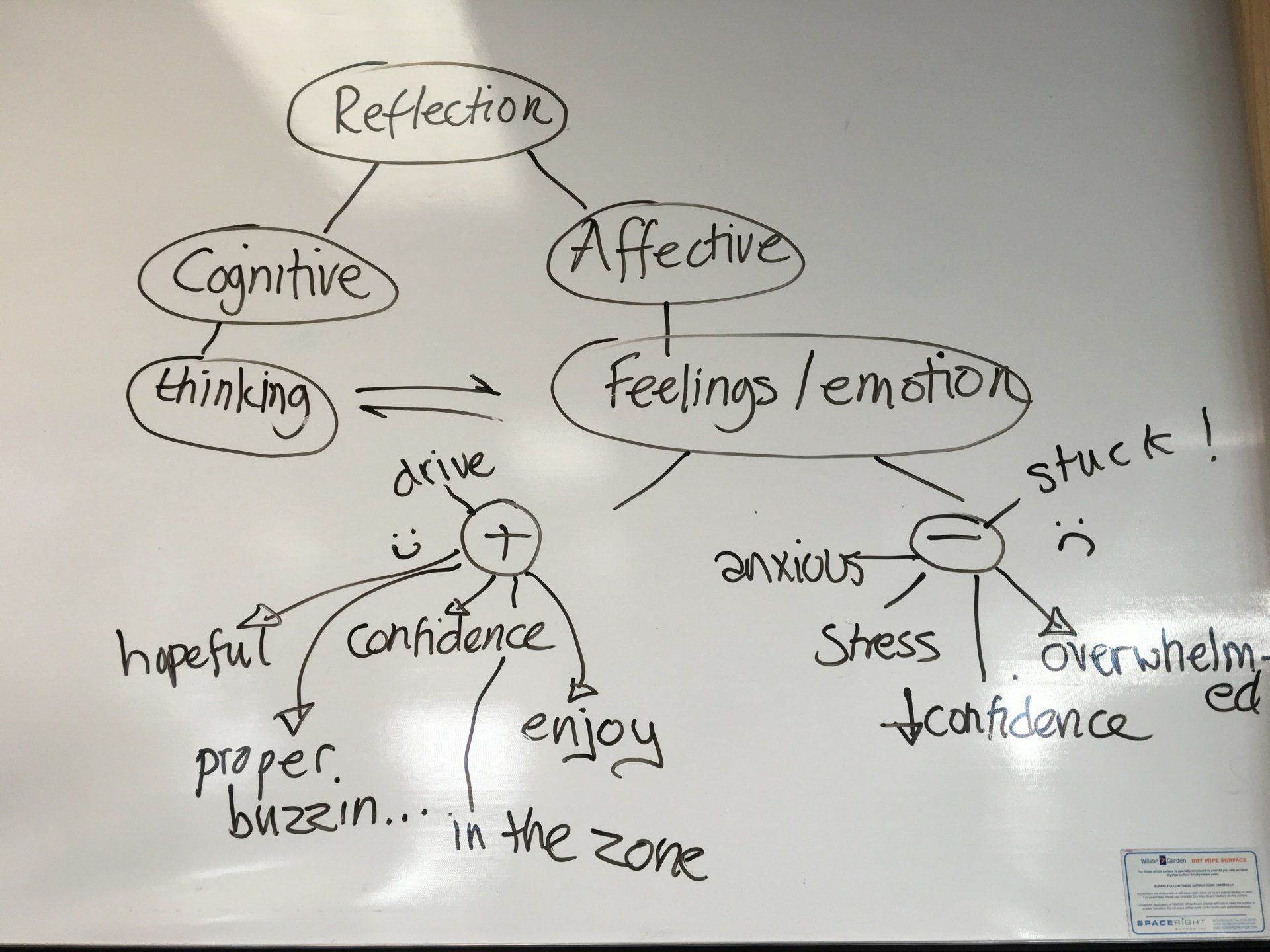
Physiology of an Outreach Project
Guest Blog by Ella Haslett, Physiology Honours student
As part of my final year dissertation I chose to do a STEM outreach project. I was given 10 weeks to create and complete a physiology-based activity, which engaged the public in science. With public engagement ranging from museum exhibitions, cafes, pubs, nursing homes and shopping centres, the possibilities are endless for creating STEM based activities.
In the ASPIRES report by Kings College London, I was shocked to see that the demographic least likely to aspire to a career in science were white females, aged 10-14, with no family members working in STEM industries. As a woman studying science this made me wonder how I ever came to study Physiology, but also inspired me to target my project towards young females in Glasgow with the main aim of dispelling the misconceptions that science is ‘too difficult’ or ‘only for boys’.
What I did for my project...
I taught over 140 children from various groups including Girl Guides, Scouts and Schools. Participants of the ‘All Systems Go Physiology Workshop’ listened to each other’s heart beats using stethoscopes, performed a reaction time experiment, patellar tendon jerk reflex, blind spot test and Ishihara colour-blindness tests. After doing some research, I discovered how having a ‘gore factor’ can lead to greater recollection of scientific tasks. I displayed a fantastic video of a heart beating ( https://www.youtube.com/watch?v=298puWjGaw8 ) and brought a real sheep’s heart along to the workshops.
Results
I used an evaluation form to determine the success of the workshop and compare the groups I was working with. The group who performed best were the Girl Guides, which shows that perhaps educating and inspiring young girls to pursue science works much better in an informal learning environment rather than a School, but of course this very much depends on the individual learner.
On the evaluation form I asked everyone to draw a picture of a heart. I received some beautiful love heart drawings before the session started, and after the session, generally a big red blob! Here are a few of my favourites...

Dorothy from STEM Scotland very kindly agreed to do an interview as part of my project. Dorothy had so many inspiring stories to share about women in STEM. One example, of a company who were struggling to find female applicants for a job advert were advised by Equate Scotland to change the job title from ‘software developer’ to ‘creative programmer’. Such a tiny change led to a huge increase in the number of female applicants for the company! It just goes to show that it’s not difficult to increase female involvement. If teachers are ever struggling to engage female pupils, one of the easiest ways to provide inspiration is to show examples of women in science.
What I’ve learned...
I began every workshop asking “who knows what Physiology is?”, which usually gave me a room full of blank faces. During the session I was impressed with the amount of physiology the children already knew without realising. When learning about vision several children were able to point out the retina. Many already knew about reflex tests. Children loved learning about colour-blindness since they either knew someone who was colour-blind or may have had this condition themselves. Reinforcing the fact that science is everywhere and making it relatable is absolutely key for effective engagement. I found this relatively easy considering I was teaching human physiology!
I was surprised to see how having a family member working in a STEM related field had such a huge impact on a child's perception of science. One of the highlights of my project was with a Brownie who commented “did you know, most people think that blood is made by the heart, but actually it’s made by our bones”. I was absolutely blown away that an 8-year-old was able to tell me about the underlying principle of haematopoiesis, something that I only learned about when I got to university. All I can say is... watch this space for the Coatbridge Brownies!
Teaching science and seeing children realise they’ve achieved something is an incredibly rewarding experience. Organising a series of successful STEM events within a very short timeframe proved to be challenging but allowed me to develop excellent organisation and communication skills. I hope every individual I worked with gained inspiration from my workshop which I hope will foster a ‘can do’ attitude towards learning science in the future.







